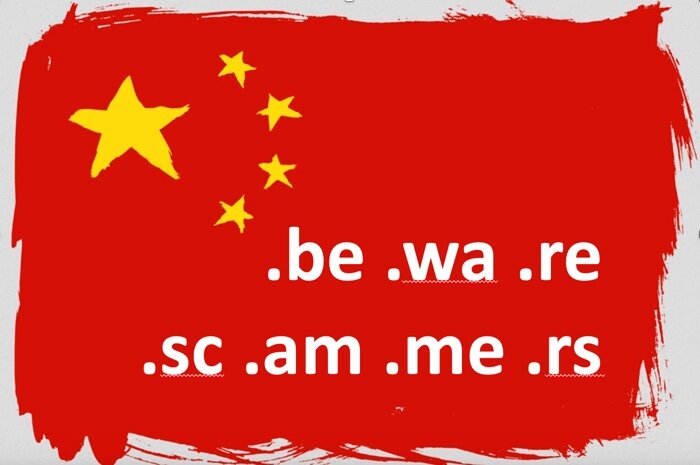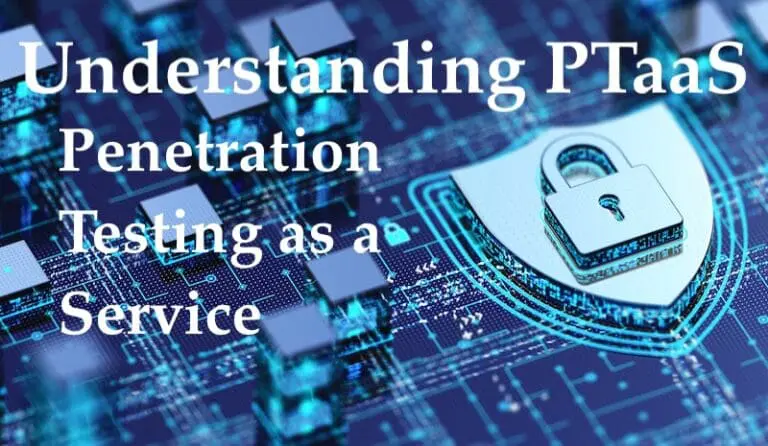“There’s not much chance your customers are going to search for you and land on an Albanian copycat site.”
Raxis VP of Engineering, Brian Tant
If you get an email warning you that another (usually overseas) company is vying for your brand’s domain name with various country extensions – cn, .hk, .af, etc. – be assured it’s not someone aiming to help. Instead, they’re most likely scammers trying to convince you to send them money in order to secure your hold on yourbrand.nz before some evil corporation in Uzbekistan snatches it right out from under you.
As you might expect, people do fall for it and spend hundreds and even thousands of dollars only to discover that a) there is an exhaustive list of domain extensions out there and b) the people they’ve paid won’t really secure any of them. Fortunately, that last part is mostly a nonissue.
The truth is, very few US-based companies have a need to own foreign domain extensions unless they have a physical presence in the country. Even then, it may not be necessary unless a competing brand is actively trying to damage your business, in which case most countries have laws in place to prevent such malicious activity.
Search engines are sophisticated enough now to distinguish between legitimate, established domains and pop-up imitators, so there’s not much chance your customers are going to search for you and land on an Albanian copycat site.
Still, the emails can sound very convincing, and, believe it or not, they are really a modern update to a scam that flourished in the late ‘90s and early 2000s. That one involved the Yellow Pages and was made possible because AT&T never trademarked the name or the iconic walking fingers logo.
Here’s how it worked: Just days after a new company incorporated or applied for its licenses, an official-looking invoice would arrive from The Yellow Pages. No business wanted to be left out or forced to wait a year to be included, so many quickly filled out their information and sent a check.
Weeks later, unfortunate business owners would get another Yellow Pages invoice, this time the local version – the one people actually used. When they called the phone company to complain, they would learn that their first checks had gone to a group that published a perfectly useless national version of the yellow pages. It listed only those businesses that had fallen for the scam and was distributed only to them.
Word about the faux yellow pages eventually got around and made it much harder to sell. We can only hope the same will be true of the domain name scam. Of course, the great irony here is that the internet has all but made the yellow pages irrelevant to modern businesses. At the same time, it has made possible a high-tech, international version of its most annoying racket





